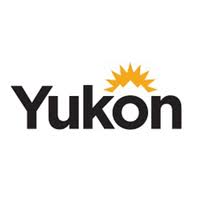
Lobbying refers to communicating with a public office holder in an attempt to influence decisions relating to legislation, programs, services, procurement and funding arrangements. Public office holder refers to Ministers and MLAs, caucus staff, Cabinet staff and Yukon public servants.
All lobbyists in Yukon will now be required to report their activities. The Lobbyists Registration Act came into effect on October 15, 2020, making registration mandatory for those who meet the criteria set out in the Act.
The public can visit yukonlobbyistregistry.ca or refer to the Lobbyists Registration Act to learn more about:
- who qualifies as a lobbyist and needs to register, including the two types of lobbyist (in-house and consultant);
- timelines for registering and other reporting requirements; and
- information lobbyists must provide when reporting on their lobbying activities, such as the name of their organization or client, contact information, the public office holder or department they plan to lobby, the topic related to their lobbying, and the method of communication.
Lobbyists will be responsible for entering their information into the registry. From the day the Act comes into effect, there is a 90-day grace period for lobbyists to give them enough time to learn and adhere to the new registration and reporting requirements.
The Conflict of Interest Commissioner is responsible for maintaining and overseeing the Yukon Lobbyist Registry to ensure it remains independent from other government decisions.
"Yukoners need to know who is communicating with government regarding important decisions that directly affect them. The Yukon Lobbyist Registry supports our government’s commitment to openness, transparency and accountability by making this information readily available to the public." Premier Sandy Silver
Lobbying refers to communicating with a public office holder in an attempt to influence decisions relating to legislation, programs, services, procurement and funding arrangements. Public office holder refers to Ministers and MLAs, caucus staff, Cabinet staff and Yukon public servants.
There are two types of lobbyists, consultant and in-house:
- Consultant lobbyists lobby on behalf of a client. They must register regardless of how much lobbying they do.
- In-house lobbyists are employees, heads of organizations or board members (or other “directing minds”) that lobby on behalf of their organization. Their organization must register if staff or directing minds collectively lobby for 20 hours or more per year.
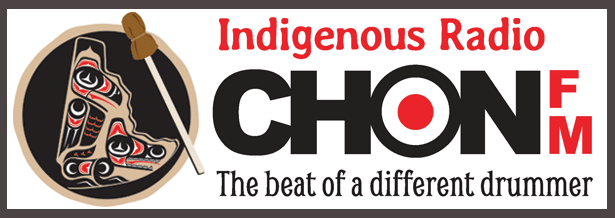
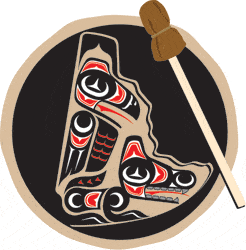
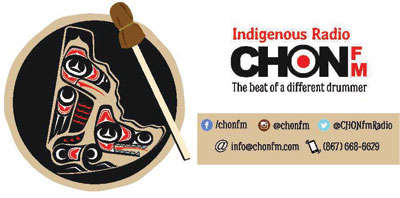
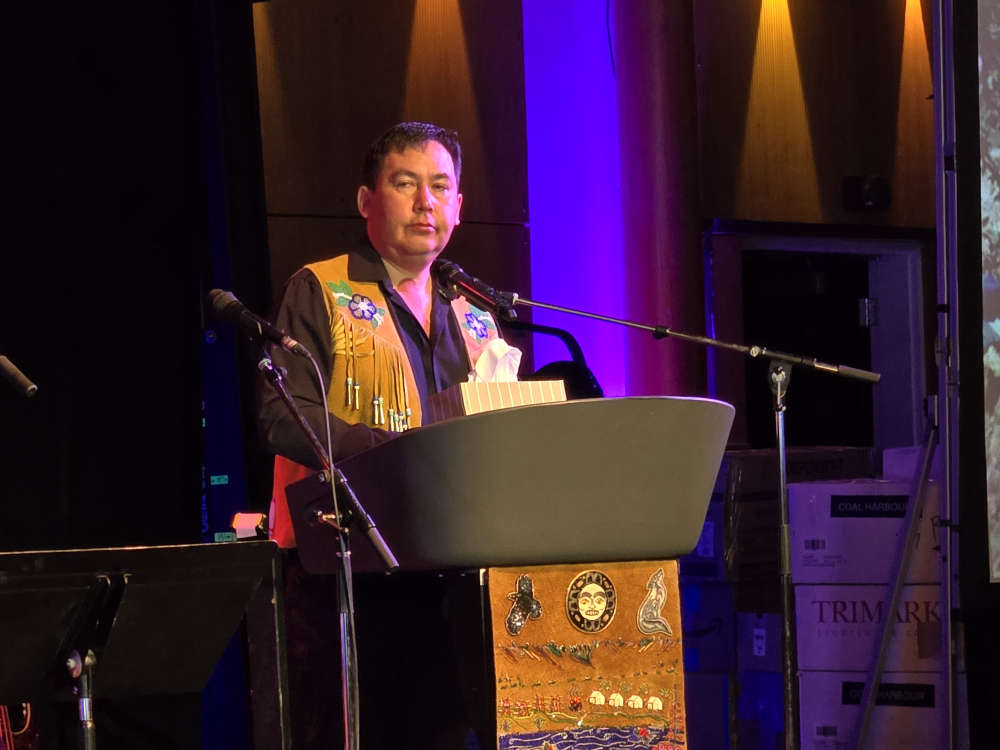 Kwanlin Dün First Nation celebrates 20th Anniversary of Final Agreement
Kwanlin Dün First Nation celebrates 20th Anniversary of Final Agreement
 Yukon RCMP Traffic Services are investigating a collision between a police vehicle and a cyclist
Yukon RCMP Traffic Services are investigating a collision between a police vehicle and a cyclist
 Former teacher calls out education minister for inaction
Former teacher calls out education minister for inaction
 Yukon RCMP issue arrest warrant
Yukon RCMP issue arrest warrant
 Yukon Native Hockey Tournament kicks off its 45th anniversary with more teams than ever before
Yukon Native Hockey Tournament kicks off its 45th anniversary with more teams than ever before
 Whitehorse RCMP search for missing man
Whitehorse RCMP search for missing man
 B.C. man, two Watson Lake residents arrested on warrants in Whitehorse
B.C. man, two Watson Lake residents arrested on warrants in Whitehorse
 Ross River RCMP arrest two men in separate, unrelated investigations involving stolen rifles
Ross River RCMP arrest two men in separate, unrelated investigations involving stolen rifles
 Medical Staff Association president raise "significant concerns" surrounding acute care at Whitehorse General
Medical Staff Association president raise "significant concerns" surrounding acute care at Whitehorse General
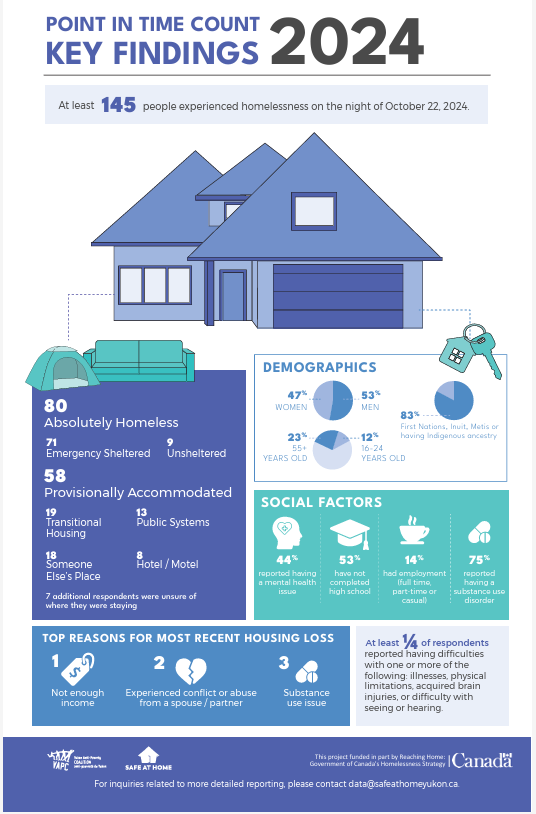 Whitehorse count indicates 83 per cent of homeless in 2024 were Indigenous
Whitehorse count indicates 83 per cent of homeless in 2024 were Indigenous
 Whitehorse RCMP seek public's help in locating missing 73-year-old man
Whitehorse RCMP seek public's help in locating missing 73-year-old man
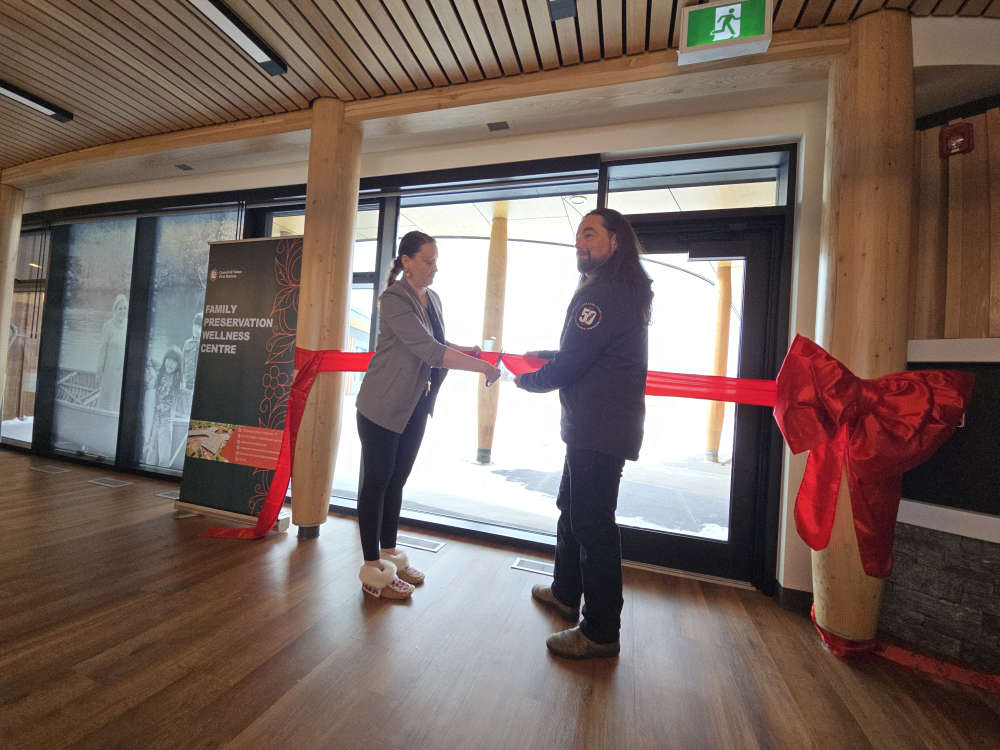 CYFN opens new wellness centre in Whistle Bend
CYFN opens new wellness centre in Whistle Bend
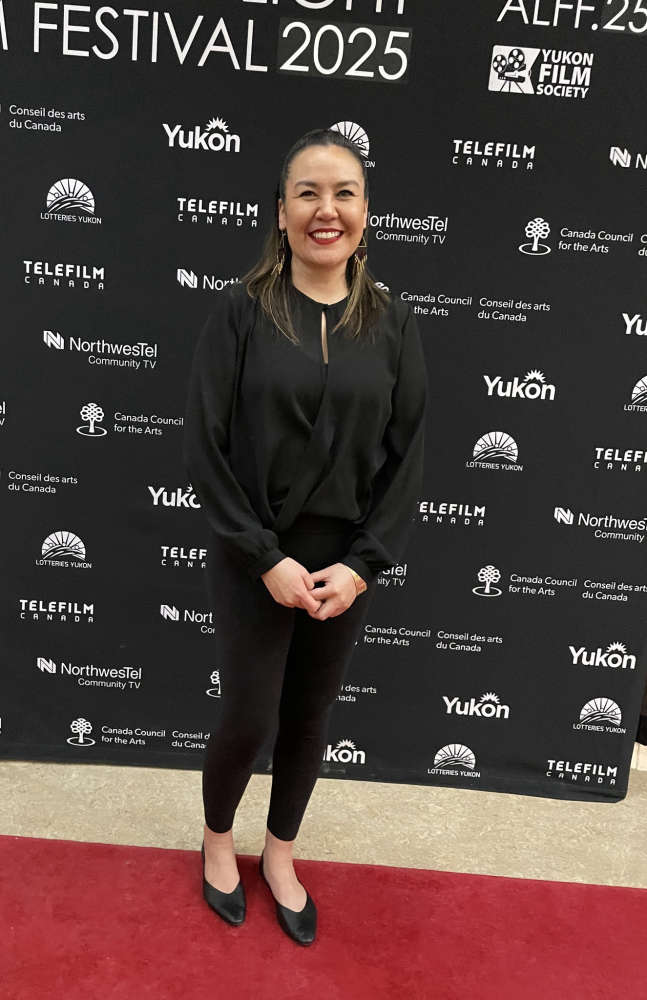 'Old Crow a Philosophy' makes global premiere at YAC
'Old Crow a Philosophy' makes global premiere at YAC
 Yukon First Nations Culture and Tourism Association cancels events for 2025, including Adäka Festival
Yukon First Nations Culture and Tourism Association cancels events for 2025, including Adäka Festival
 Whitehorse residents and Yukon NDP speak out against a proposed transit fare hike
Whitehorse residents and Yukon NDP speak out against a proposed transit fare hike
 Diane Strand wins Haines Junction mayoral byelection
Diane Strand wins Haines Junction mayoral byelection
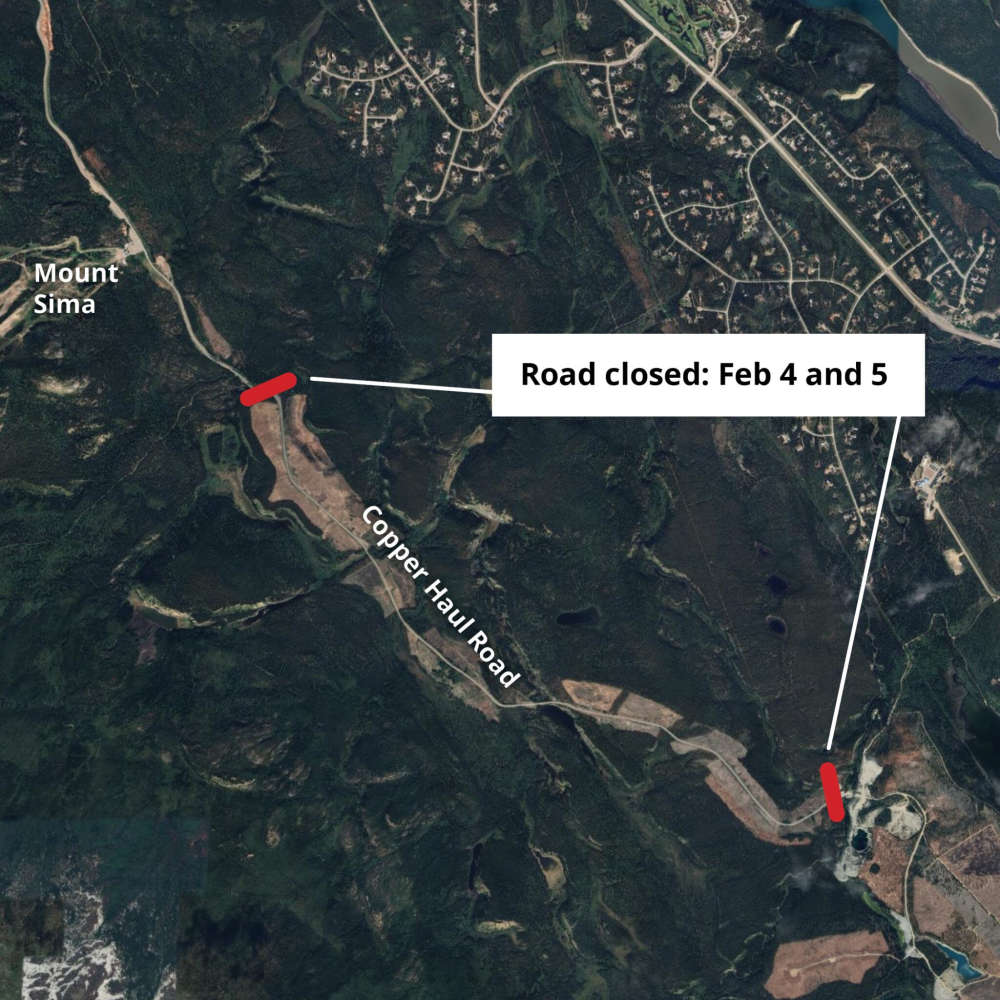 Copper Haul Road closure announced for bridge repairs
Copper Haul Road closure announced for bridge repairs
 Yukon Government and Canadian Government partner to boost local businesses
Yukon Government and Canadian Government partner to boost local businesses